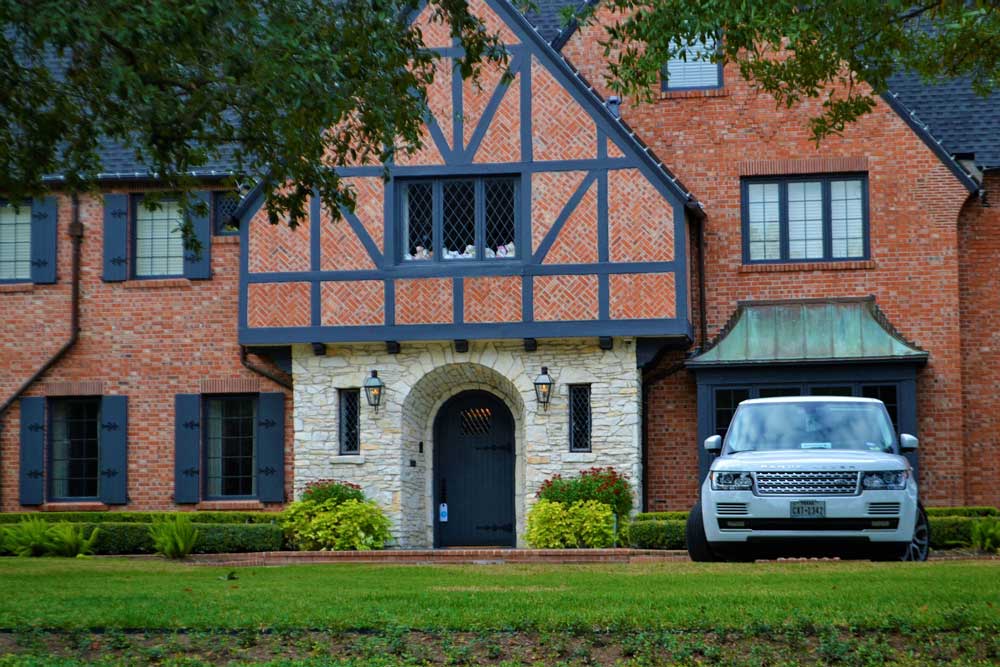
Last updated: August 18, 2022.
As you approach retirement, you may be considering buying a retirement home early. Whether its downsizing to more modest accommodations or moving to a sunny destination, there are many reasons for buying a retirement home. Many people, however, won’t give much consideration to retirement living until their twilight years. Naturally, it’s not high on the priority list when retirement is ten years away or more. Yet, there are many reasons why buying a retirement home before you retire may be a good idea. In this article we explore the top reasons to buy a retirement home early including, you guessed it, buying a vacation home for retirement.
Buying a Retirement Home: When, Where and What to Expect

Before buying a retirement home early, consider the following:
When to Buy a Retirement Home
If you are considering buying a retirement home early, at which point should you consider doing so? In short, you should begin looking sometime before your planned retirement, whether it be 55, 65 or 70 years old. For most retirees in the United States and Canada, this will typically happen on or before the average retirement age of 66.85 years and 64.75 years, respectively. Otherwise, timing will depend on a number of factors, including your career goals, individual financial picture and family obligations.
Where to Buy a Retirement Home
What better place to start than the top retirement destinations in North America? In the United States, top retirement destinations include Florida, California, Texas, Hawaii and Colorado. In Canada, British Columbia (the Okanagan and Vancouver Island), Alberta (Canmore and Cochrane), Ontario (Niagara on the Lake, Kingston and Stratford), Quebec (Rimouski, Joliette and Quebec City) and New Brunswick (Moncton) are all popular destinations. If you are considering retiring in Canada, be sure to check out our list of the best places to buy a vacation home in Canada.
What to Expect in Retirement
Everyone will have their own unique plans for retirement, yet patterns emerge among specific generations of retirees. For instance, Millennials may be more inclined to travel during retirement whereas Baby Boomers may be looking to spend more time with family. Anticipated retirement activities will necessarily have implications on where you retire and overall retirement spending, amongst other considerations. In terms of the latter, according to a 2018 survey average annual spending by retirees was US$49,441, compared to US$65,834 spent by workers. Broken down further, on average retirees spent US$16,681 on housing, compared to US$21,339 spent by workers. The trend is clear: retirees typically spend less overall, including on housing costs. Accordingly, you can expect to spend less on retirement housing.
Top Reasons for Buying a Retirement Home Early
With these preliminary matters out of the way, here are the top reasons for buying a retirement home before you retire.
Move at Your Own Pace
By purchasing a retirement home early, you have the time and flexibility to move at your own pace.
Rather than an abrupt transition to retirement living, you could decide to slowly move into your new home. This may entail a temporary move for a portion of the year or regular weekend use until you’re ready to move permanently. Whatever the case, this will afford you the opportunity to familiarize yourself with new surroundings and ensure a more comfortable transition.
An early purchase may also allow you to make an opportunistic purchase when prices are low. At the very least, you can avoid a rushed purchase. This has the added benefit of allowing you to sell your primary residence when you’re ready. In short, you can buy and sell when it suits you and take advantage of market opportunities.
Of course, the best laid plans are subject to change. By purchasing a retirement home early you may avoid the biggest mistake of all: moving in the first place. Perhaps, after spending some time at your new home and getting to know the area you’re no longer set on retiring there. Maybe the climate isn’t to your liking or the location is too far from the grandkids. By buying a retirement home before you retire, you have the ability to change your mind.
It’s Vacation Time: Buying a Vacation Home for Retirement

What better way to transition to retirement than by spending vacations at your new home with friends and family? This is a great way to not only get you comfortable with your new surroundings, but also your loved ones who may be more inclined to visit after having already vacationed there.
From a financial standpoint, you have the option of renting out your home part time to cover expenses in the interim. If you’re more hands off then you can use a property manager who will take a portion of the rental fees. For those that are happy managing things themselves, there are any number of vacation rental websites including Airbnb and VRBO.
Take Advantage of Maximum Borrowing Capacity While in Prime Earning Years
With interest rates being at historical lows, now may be a good time to take advantage of your maximum borrowing capacity.
By taking out a mortgage on your retirement home now, you can borrow money while still in the workforce. This money may not otherwise be available in retirement given your reduced income level. More importantly, you can borrow now and pay-off your mortgage over time (and ideally before you retire).
This also provides a secondary benefit: forced savings. Instead of succumbing to unnecessary spending, you will be forced to exercise a certain level of fiscal discipline as you service the mortgage. Such fiscal discipline can certainly pay off over time, especially for those individuals that struggle with excess spending.
While not recommended, it may also be possible to withdraw funds from your retirement account to help with the down payment (but not without penalty).
Renovate to Suit Your Tastes
Home renovations are not only costly but also disruptive to your living conditions. For this reason, buying a retirement home early may be attractive in that it will allow you to renovate while living in the comfort of your primary residence. This is especially beneficial for larger renovation projects. Instead of living without a kitchen or bathroom for an extended period, you can live as you normally would while your contractor completes the necessary work.
By purchasing a fixer upper that requires substantial renovation, you can also save money. Instead of paying top dollar for a recently renovated home, you can potentially save tens of thousands of dollars by purchasing an older home. You then have the ability to pick and choose which renovation projects to complete and properly manage costs. To the extent there are cost overruns, its also important to have a financial safety net. By undertaking a renovation project while still in the workforce, you can at least take comfort in knowing you have another paycheck coming.
Understand Your Expenses
Admittedly there is a certain amount of guess work involved when determining how much money to save for retirement to cover necessary living expenses. What better way to understand your living expenses than owning a retirement home early? From how much it costs to maintain the house annually to how much groceries cost in the area, you will have valuable insight into your living expenses well before retirement. For instance, perhaps after owning the home for several years you realize that there are various maintenance expenses that you had not anticipated. Armed with this new information, you can adjust your retirement plan appropriately. Without this insight, it’s a bit of a guessing game.
Other Things to Consider Before Buying a Retirement Home Early
If you’re considering buying a retirement home before you retire, keep in mind the following:
- Obtain financial advice. Be sure to talk to your financial adviser to ensure that you can handle the extra financial strain. For instance, will you need to work longer in order to service another mortgage? If so, perhaps buying a retirement home early is not for you.
- Implications on asset mix. Consider the implications on your overall investment portfolio/asset mix. Owning a substantial amount of real estate may be risky depending upon how well diversified you are in other asset classes.
- Owning multiple properties. Be prepared to deal with the usual stresses of home ownership, including unexpected repairs and maintenance. If you will be renting out the property part time, who will manage the property? If you will be managing it yourself, are you prepared to deal with such a responsibility as you approach retirement?
- Changing preferences. Tastes and preferences may change over time so don’t expect everything to go according to plan. The further away from retirement you purchase your retirement home, the greater the risk is that your tastes will change.
To better understand the implications of converting a second home to a primary residence, be sure to explore our article on Buying a Second Home That Will Be Your Primary Residence.
